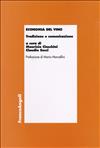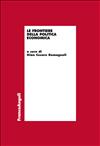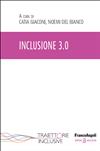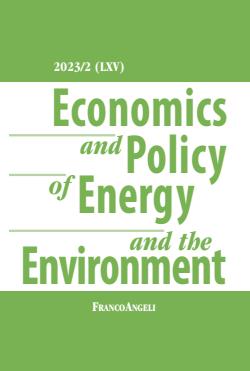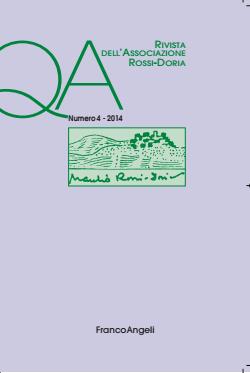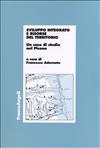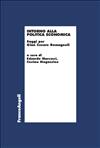
Saggi per Gian Cesare Romagnoli
Il volume raccoglie alcuni saggi di politica economica dedicati a Gian Cesare Romagnoli e presentati nella Giornata in suo onore all’Università Roma Tre. Tra i temi affrontati: la contabilità economica italiana ed europea; la politica economica dell’ambiente; una trattazione metodologica e applicata del ciclo economico, del commercio internazionale, della sostenibilità fiscale del debito pubblico e dello stato del benessere per l’infanzia; la politica dei trasporti e la politica economica regionale.
cod. 365.1259
